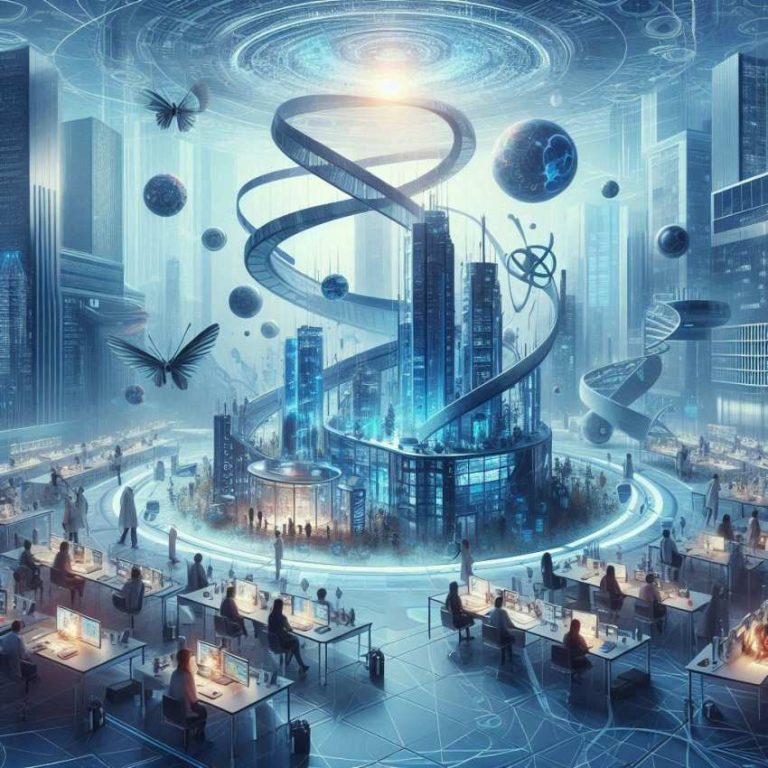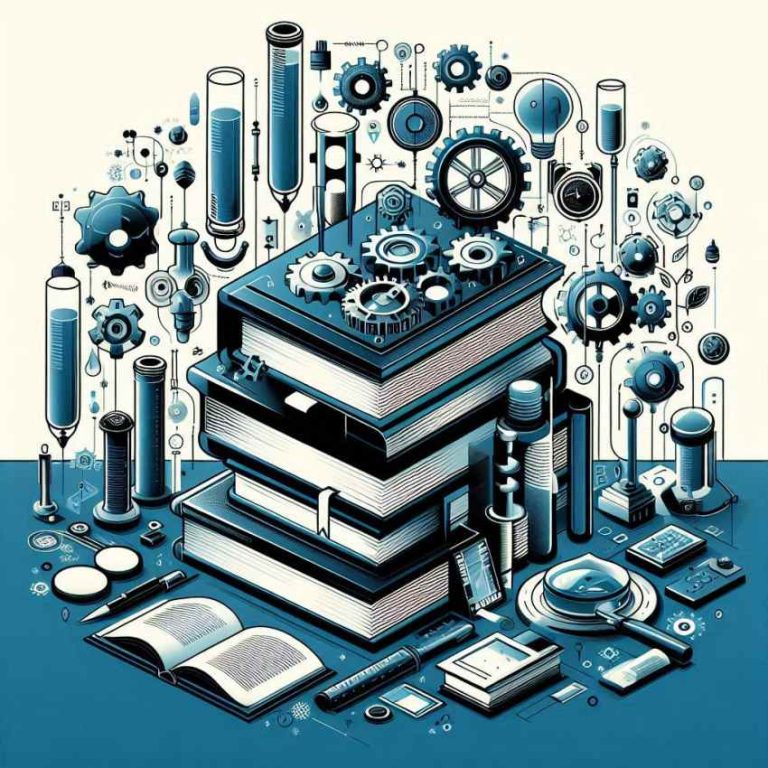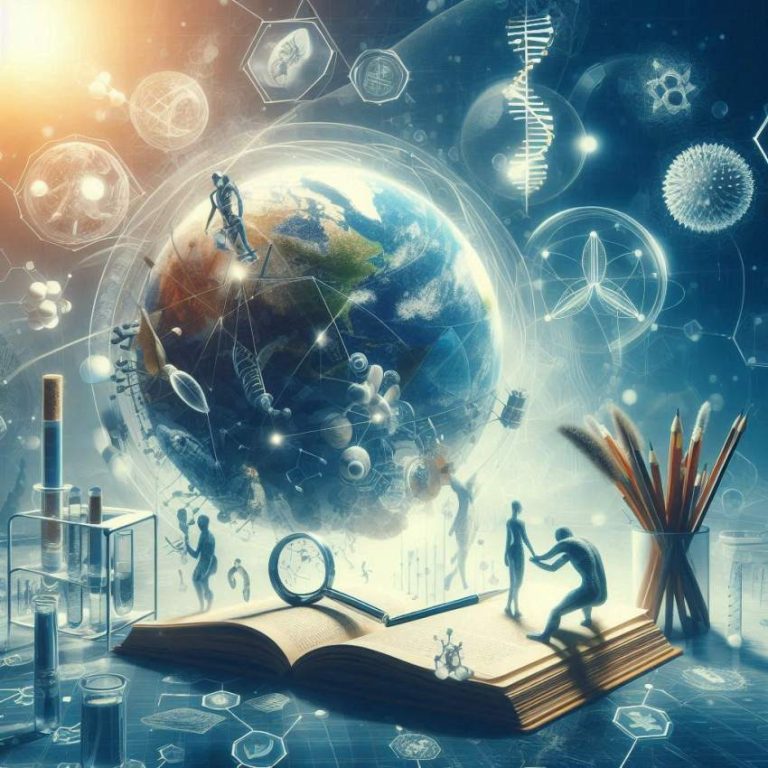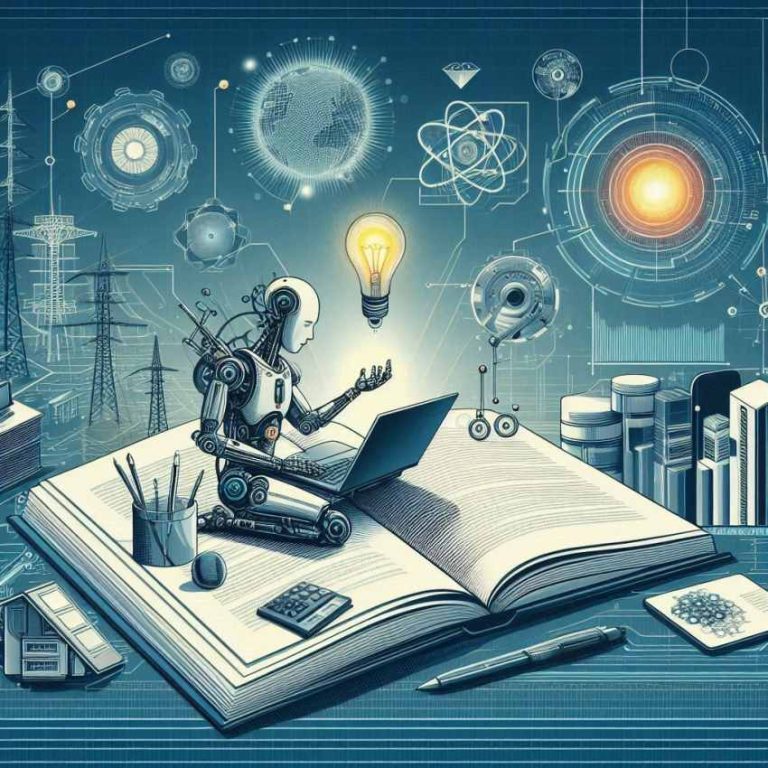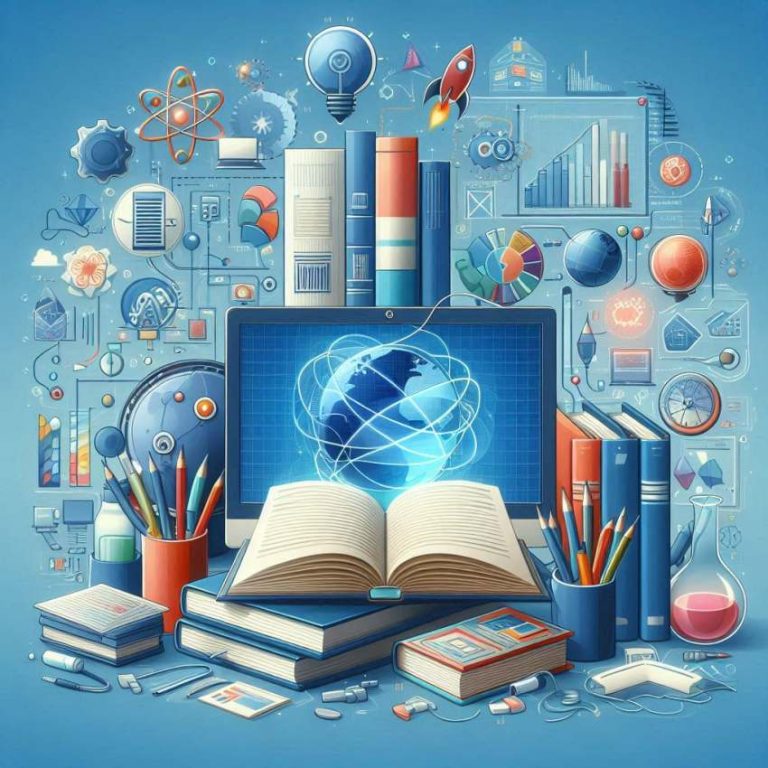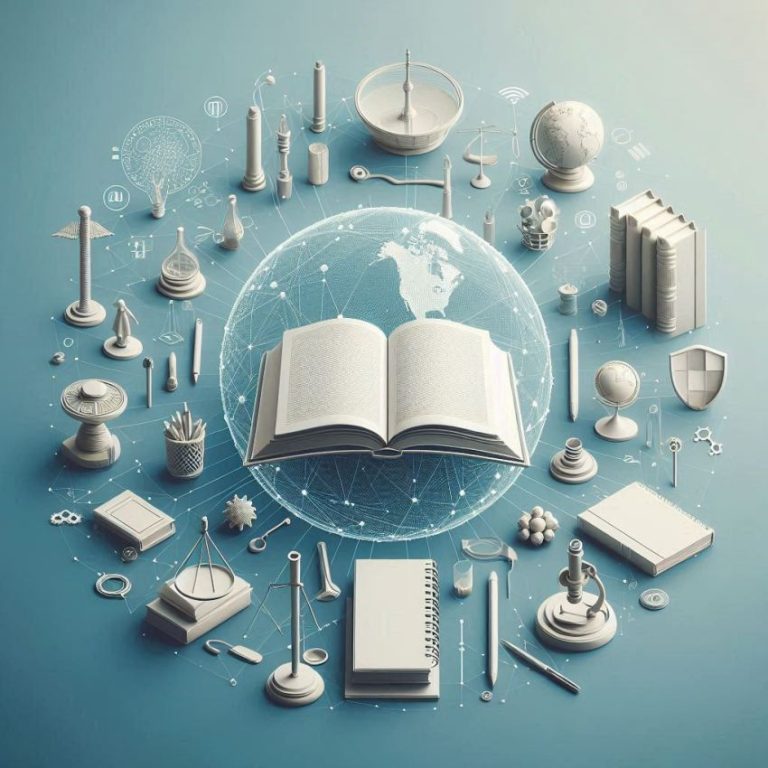Navigating the Nuances: A Guide to Specialized Translation
In today’s globalized world, clear and accurate communication across languages is essential. While general translation covers everyday communication needs, specialized translation emerges as a critical tool for specific fields and industries. This guide delves into the fascinating world of specialized translation, exploring its various forms, the skills required, and the benefits it offers.
Beyond the Basics: What is Specialized Translation?
Specialized translation goes beyond conveying the general meaning of a text. It focuses on meticulously translating technical, scientific, or specialized content from one language to another. Unlike general translation, which prioritizes everyday language, specialized translation demands a deep understanding of the subject matter and the terminology associated with it.
A Spectrum of Expertise: Different Types of Specialized Translation
The realm of specialized translation encompasses a diverse array of fields, each requiring a translator with specific expertise:
- Technical Translation: This involves translating technical documents like manuals, instructions, and engineering specifications. Technical translators possess a strong grasp of scientific and engineering principles, along with the ability to translate technical jargon accurately.
- Medical Translation: Accurate translation of medical documents like patient records, research papers, and medication instructions is crucial for patient safety and effective healthcare delivery. Medical translators require knowledge of medical terminology and cultural sensitivities related to healthcare.
- Legal Translation: Legal documents demand precise translation to ensure the validity and legal meaning is maintained across languages. Legal translators possess a strong understanding of both legal systems and the intricacies of legal language in both the source and target languages.
- Financial Translation: Financial documents like contracts, reports, and investment materials demand accuracy and clarity. Financial translators have a solid understanding of financial concepts and terminology specific to each language.
- Scientific Translation: Scientific research papers, reports, and grant proposals require meticulous translation to ensure accuracy and preserve the intellectual contribution of the research. Scientific translators possess expertise in specific scientific disciplines and the ability to translate complex scientific concepts accurately.
The Skills of a Specialized Translator:
Effective specialized translation necessitates a unique skillset:
- Subject Matter Expertise: A specialized translator must possess a thorough understanding of the specific field they are translating within. This includes familiarity with the relevant terminology, concepts, and industry practices.
- Linguistic Fluency: Fluency in both the source and target languages is essential, allowing the translator to capture the nuances of meaning and stylistic elements of the original text.
- Research Skills: Specialized translators often need to conduct research to clarify terminology or ensure conceptual accuracy in the translated text.
- Attention to Detail: Precision is paramount in specialized translation. Translators must pay close attention to detail to avoid errors or misinterpretations.
- Cultural Sensitivity: Understanding the cultural context of the source and target languages is crucial to convey the intended message effectively.
The Benefits of Specialized Translation:
Investing in high-quality specialized translation offers several advantages:
- Accuracy and Clarity: It ensures the information is conveyed accurately and clearly, minimizing the risk of misunderstandings.
- Professional Representation: Precise translation portrays a professional image and builds trust with your international audience.
- Compliance with Regulations: Certain industries have specific regulations regarding translated documents. Specialized translators understand these regulations and ensure compliance.
- Market Expansion: Specialized translation unlocks new markets and allows businesses to reach a wider global audience.
- Enhanced Patient Safety: In the medical field, accurate translation can improve patient safety by ensuring clear communication between healthcare providers and patients.
The Role of Technology in Specialized Translation:
Machine translation (MT) tools have become increasingly sophisticated, offering a potential solution for basic specialized translations. However, these tools still struggle with the complexities of specialized language, particularly:
- Domain-Specific Terminology: MT often struggles to translate specialized terminology accurately, leading to potential inaccuracies.
- Nuances of Language: MT may miss the subtle nuances of language, resulting in a stiff or unnatural translation.
- Cultural Context: Understanding cultural context is crucial for specialized translation, which MT currently lacks.
The Future of Specialized Translation: Human Expertise Combined with Technology
While MT can offer a preliminary solution for basic tasks, human expertise remains essential for high-quality specialized translation. The future likely lies in a collaborative approach where MT performs initial translations, and specialized translators then refine and edit the text, ensuring accuracy and fluency.
Conclusion:
Specialized translation plays a crucial role in facilitating communication across languages in various sectors. By understanding the different types of specialized translation, the necessary skills, and the benefits it offers, businesses and individuals can navigate the complexities of global communication and ensure their message reaches its intended audience with clarity and accuracy.
Translation can be classified in terms of “the subject”, such as general translation, legal translation, medical translation, etc. or “grade of specialization of the text”, such as general translation, specialized translation, highly specialized translation, and extremely specialized translation, or “the target language” for example Arabic translation, Russian translation, etc.
What is specialized translation?
Translating a text containing jargons, terminologies, and expressions that are understandable only to a specific community is called specialized translation.
A translator in order to translate a specialized text needs to have enough knowledge of the subject in addition to the target language. Because sometimes a word may have a different meaning in general and in a special field. Lack of knowledge situations like that leads to making mistakes in translation, while accuracy of specialized translation is of a vital importance.
Why accuracy of specialized translation is important?
Since all international journals publish papers in English, you need to translate your research papers into English before submission of your manuscript to an international journal. On the other hand, published papers and (translated) academic books may be used as a source of other researches or as a source of teaching by professors.
So only a minor mistake in translation may lead to other mistakes in future researches, and providing false information to readers.
What is a good translation?
A translator is not allowed to judge the text, add something to it, or even change tone of the text. In fact he should try to transfer exactly what the writer tried to say, but that does not mean a word by word translation is accepted. If the translator be fluent in both languages (target language and the original language), he can transfer phrases from one to the other in a way that the meaning does not change.
There would be some times that the translator needs to do some research on what the writer is trying to say, so that he can do a better translation. It does not matter how much a translator is professional in languages and in the text field of study, he may have problems with some content. Even an experienced translator sometimes needs to do some research.
Furthermore, some words are stronger than the other words with the same meaning in terms of expressing feelings, opinions, beliefs, etc. A good translator should put as emphatic as the original text.
Hoortash translation services
Our institute with the help of professional translation offers specialized translation services.
Our translators are educated in multi fields of study which help them with a coherent and fluent translation in which all the terminologies and jargons are translated completely accurate.
To find more or to order contact us.
Here are some questions and answers about “Specialized Translation”:
1. What is specialized translation?
Answer:
Specialized translation refers to the translation of texts that require knowledge of specific terminology, concepts, or subject matter. It involves translating content from fields like law, medicine, technology, finance, or engineering, where the translator must be familiar with the technical jargon and context of the subject matter in both the source and target languages. This type of translation goes beyond general translation, requiring expertise in a particular domain to ensure accurate and contextually appropriate translations.
2. Why is specialized translation important?
Answer:
Specialized translation is important because it ensures that complex, technical, or field-specific content is translated accurately, maintaining the original meaning and intent. Inaccurate translation of specialized texts can lead to misunderstandings, legal issues, medical errors, or incorrect technical implementation. Therefore, using translators who have expertise in the relevant field helps maintain the integrity and quality of the translated material.
3. What are some examples of fields that require specialized translation?
Answer:
Some common fields that require specialized translation include:
- Medical translation: Translating medical research, patient records, drug information, and healthcare documents.
- Legal translation: Translating contracts, legal agreements, court documents, and laws.
- Technical translation: Translating manuals, user guides, specifications, and technical documents.
- Financial translation: Translating financial reports, banking documents, investment strategies, and tax regulations.
- Scientific translation: Translating research papers, experimental results, and academic journals in scientific fields such as physics, chemistry, and biology.
4. How does specialized translation differ from general translation?
Answer:
While general translation focuses on translating texts that are more straightforward and not field-specific (e.g., novels, simple correspondence), specialized translation requires an in-depth understanding of specific technical vocabulary, industry jargon, and contextual knowledge. A specialized translator must be familiar with the intricacies of the subject matter to ensure accuracy and consistency in the translation. General translation, on the other hand, does not require such detailed domain knowledge.
5. What skills are necessary for specialized translation?
Answer:
To be successful in specialized translation, a translator must possess:
- Expert knowledge of the subject matter: Understanding the terminology and concepts of the specific field.
- Proficiency in both languages: Strong command of both the source and target languages.
- Attention to detail: Ensuring that technical terms are used correctly and the meaning of the text is preserved.
- Cultural awareness: Understanding the cultural context in both languages to ensure that the translation is appropriate and relevant.
- Research skills: Being able to look up and verify specialized terms and concepts when necessary.
6. What are the challenges of specialized translation?
Answer:
The challenges of specialized translation include:
- Complex terminology: Translating highly technical terms or jargon that may not have direct equivalents in the target language.
- Field-specific knowledge: A lack of expertise in a particular field can lead to errors or inaccuracies in the translation.
- Cultural and legal differences: Ensuring that the translation is culturally appropriate and complies with the legal and regulatory requirements of the target language.
- Maintaining consistency: Ensuring that specialized terms are used consistently throughout the translation to avoid confusion.
7. How do specialized translators handle unfamiliar terms?
Answer:
Specialized translators handle unfamiliar terms by:
- Consulting dictionaries or glossaries: Many industries have specific dictionaries or glossaries that translators can refer to.
- Using online resources: Specialized databases, websites, and forums can provide additional context for terms.
- Collaborating with subject matter experts: When necessary, translators may consult with professionals in the field (e.g., doctors, lawyers, engineers) to ensure accuracy.
- Researching: Conducting thorough research to understand the term in context and determine the most appropriate translation.
8. How important is accuracy in specialized translation?
Answer:
Accuracy is crucial in specialized translation, as even small errors can have serious consequences. In fields like medicine, law, or engineering, incorrect translation can lead to misunderstandings, legal liabilities, medical errors, or technical failures. Therefore, specialized translators must ensure that every term, concept, and detail is translated with the highest level of accuracy to maintain the integrity of the original document.
9. Can a general translator work on specialized texts?
Answer:
While a general translator may be able to translate some specialized texts, it is not recommended for complex or highly technical material. A general translator may lack the necessary knowledge of industry-specific terms and concepts, leading to errors or inaccuracies. Specialized translation requires expertise in the specific field to ensure that the translation is both accurate and contextually appropriate. Ideally, a specialized translator with relevant experience in the subject area should handle such texts.
10. What tools do specialized translators use?
Answer:
Specialized translators use a variety of tools to aid in their work, including:
- Translation memory software: This helps translators store and reuse previously translated terms and phrases for consistency.
- Terminology databases: These contain field-specific terms and their translations, ensuring accuracy.
- Machine translation tools: While not perfect, these can be used for preliminary translations or to provide suggestions, especially for common terms.
- Reference books and glossaries: Dictionaries and subject-specific glossaries help translators find the correct terminology.
- Online resources: Websites, forums, and professional networks can be valuable for researching and verifying terms.
11. Why should businesses hire specialized translators?
Answer:
Businesses should hire specialized translators to ensure that their content is accurately translated while respecting the nuances of industry-specific terminology. Specialized translators can help businesses avoid costly mistakes, ensure that their content is understood correctly in other languages, and maintain professionalism in documents like contracts, manuals, and marketing materials. This is especially important for international business operations, where clear communication is crucial.
12. Is specialized translation only for written texts?
Answer:
No, specialized translation is not limited to written texts. It can also apply to oral translation in fields like:
- Medical interpretation: Translating between doctors and patients or during medical procedures.
- Legal interpretation: Assisting in legal proceedings, such as court hearings or depositions.
- Technical interpretation: Facilitating communication during international conferences, meetings, or technical discussions.
In these cases, the interpreter must also be familiar with the specialized terminology and context of the field.
13. How do specialized translators ensure confidentiality?
Answer:
Specialized translators often work with sensitive or confidential information, especially in fields like law, medicine, or finance. To ensure confidentiality, translators may:
- Sign non-disclosure agreements (NDAs) with clients.
- Use secure communication channels for transferring documents.
- Follow strict ethical guidelines to protect the privacy of the information they are translating.
- Work with trusted clients to build long-term professional relationships where confidentiality is paramount.
14. Can specialized translation be automated?
Answer:
While automated translation tools like Google Translate or machine translation (MT) can be helpful for general texts, they are often insufficient for specialized translation. Machine translation struggles with field-specific terminology, context, and nuance, leading to potential inaccuracies. While computer-assisted translation (CAT) tools can support specialized translators by storing terms and improving consistency, human expertise is still necessary to handle the complexity and precision required in specialized translation.
15. How do specialized translators keep up with industry developments?
Answer:
Specialized translators stay updated on industry developments by:
- Attending conferences and workshops: Participating in industry events helps them stay informed about the latest trends and terminology.
- Reading industry publications: Journals, magazines, and online resources provide insights into new developments in specific fields.
- Engaging with professionals: Interacting with experts in their specialized fields allows translators to stay current on changes in terminology, practices, and standards.
- Continuous learning: Many specialized translators invest in ongoing education and training to enhance their knowledge and skills in their chosen fields.
These questions and answers highlight the importance of specialized translation, its challenges, and the skills and tools required to excel in this field.
جلسه چهارم آموزش گرامر – بررسی نقش کلمات و انتخاب آنها
مقدمه:
در این جلسه چهارم از آموزش گرامر، به بررسی نقش کلمات در جمله و عوامل موثر در انتخاب کلمات مناسب میپردازیم. انتخاب کلمات مناسب و استفاده از آنها به شیوهای صحیح، نقشی کلیدی در انتقال موثر پیام و ایجاد لحن و حس مورد نظر در خواننده یا شنونده ایفا میکند.
نقش کلمات در جمله:
کلمات در جمله نقشهای مختلفی دارند و هر کلمه وظیفهای خاص را در جمله بر عهده دارد. شناخت نقش کلمات در جمله، به شما کمک میکند تا معنای جمله را به درستی درک کنید و جملههای صحیح و روان بنویسید یا صحبت کنید.
برخی از مهمترین نقشهای کلمات در جمله عبارتند از:
- نهاد: نهاد فاعل جمله است و به عنصری گفته میشود که در مورد آن صحبت میشود.
- مسند: مسند به توضیحی درباره نهاد گفته میشود.
- فعل: فعل به کاری که انجام میشود یا حالتی که وجود دارد اشاره میکند.
- قید: قید به زمان، مکان، چگونگی، و … فعل اضافه میشود و آن را کاملتر میکند.
- صفت: صفت به ویژگیها و خصوصیات نهاد یا مسند اضافه میشود و آنها را توصیف میکند.
- مفعول: مفعول به عنصری گفته میشود که فعل بر آن اثر میگذارد.
مثال:
در جمله “خورشید در آسمان میدرخشد”، کلمات نقشهای زیر را دارند:
- خورشید: نهاد
- میدرخشد: فعل
- در آسمان: قید مکان
عوامل موثر در انتخاب کلمات:
انتخاب کلمات مناسب در جمله به عوامل مختلفی بستگی دارد، از جمله:
- معنای مورد نظر: کلمات انتخابی باید معنای مورد نظر نویسنده یا گوینده را به درستی بیان کنند.
- لحن مورد نظر: کلمات انتخابی باید لحن مورد نظر نویسنده یا گوینده را منتقل کنند.
- مخاطب: کلمات انتخابی باید متناسب با سطح دانش و درک مخاطب باشند.
- ساختار جمله: کلمات انتخابی باید با ساختار جمله و نقشهای مختلف کلمات در جمله همخوانی داشته باشند.
نکات مهم:
- برای انتخاب کلمات مناسب، به معنای مورد نظر، لحن مورد نظر، مخاطب، و ساختار جمله توجه کنید.
- از کلمات دقیق و واضح استفاده کنید.
- از کلمات کلی و مبهم خودداری کنید.
- از کلمات متناسب با سطح دانش و درک مخاطب خود استفاده کنید.
- از کلمات متناسب با لحن مورد نظر خود استفاده کنید.
- به انسجام و ارتباط بین کلمات در جمله توجه کنید.
با تمرین و مطالعه مستمر، میتوانید مهارت خود را در انتخاب کلمات مناسب و نوشتن یا صحبت کردن به زبان انگلیسی به طور قابل توجهی ارتقا دهید.
در جلسات بعدی به بررسی سبک در سطوح جمله، پاراگراف، و متن خواهیم پرداخت.
امیدواریم این جلسه برای شما مفید بوده باشد.
در صورت تمایل به مطالعه بیشتر، میتوانید به منابع زیر مراجعه کنید:
- کتاب “گرامر جامع زبان انگلیسی” نوشته دکتر محمد تقى واحدی
- کتاب “زبان انگلیسی تخصصی” نوشته دکتر مریم حسینی
- سایت “BBC Learning English” (https://www.bbc.co.uk/learningenglish/)
- سایت “Grammarly” (https://www.grammarly.com/)
با آرزوی موفقیت برای شما در یادگیری گرامر انگلیسی!
جلسه چهارم آموزش گرامر به بررسی نقش کلمات و انتخاب آنها در نوشتن متون آکادمیک میپردازد. گرامر صحیح و ساختار جملهبندی منسجم در زیربنای نوشتار تأثیر گذار هستند، اما شما باید کلمات را به درستی انخاب کنید.
باید توجه داشت که به دلیل پیشرفت تکنولوژی واژگان زیادی وارد هر زبان میشود، استفاده صحیح و به جا از این کلمات یکی از موضوعات محوری این جلسه میباشد. بعد از انتخاب صحیح واژگان، در جلسات بعدی به انتخاب صحیح در سطح جمله و بعد پاراگراف پرداخته میشود.


